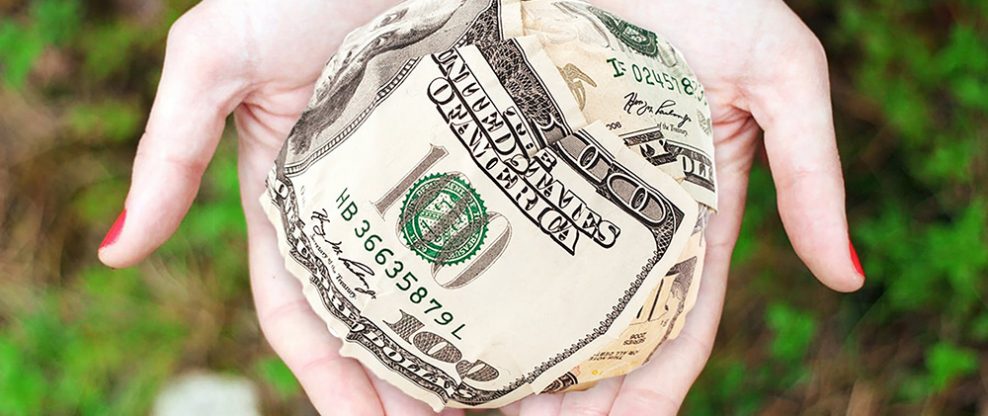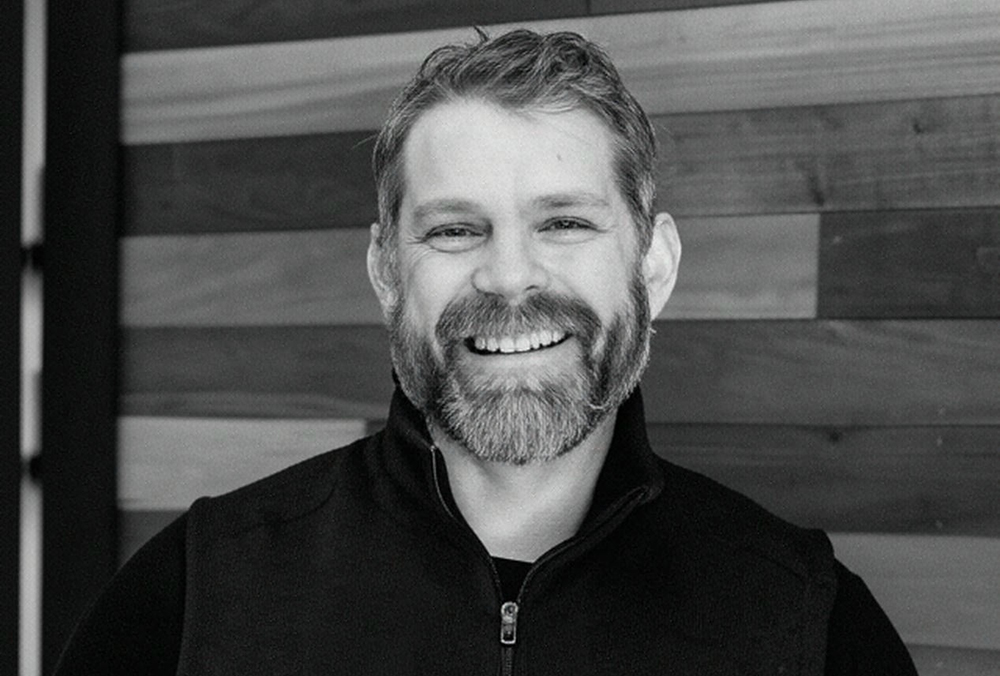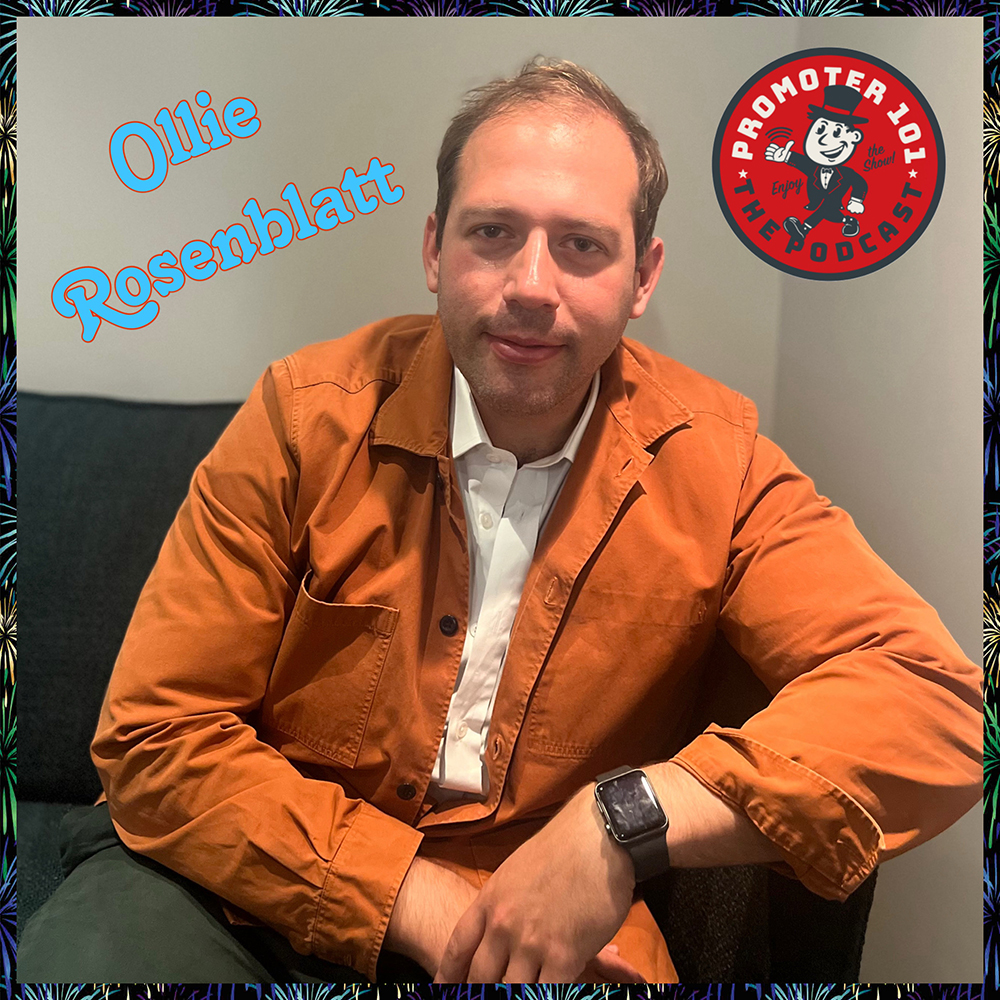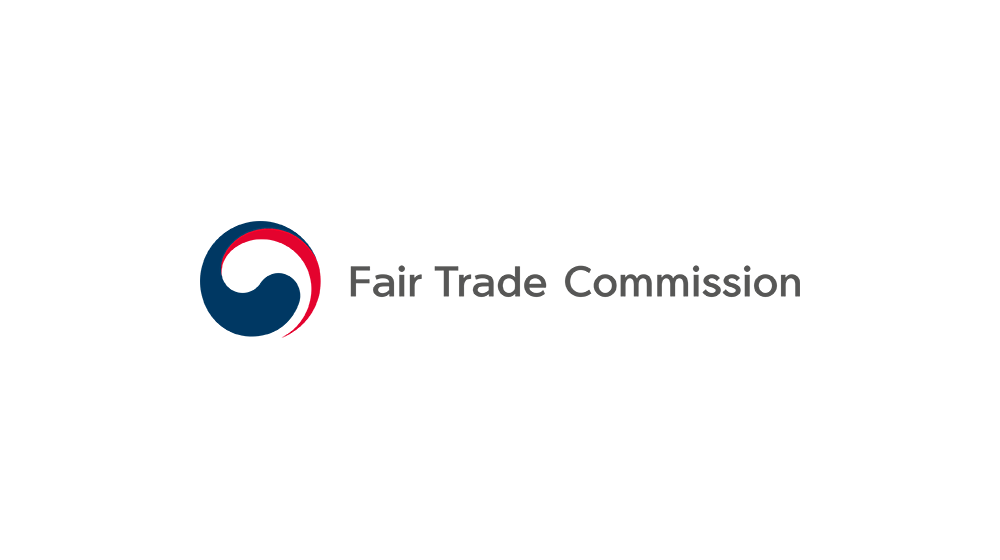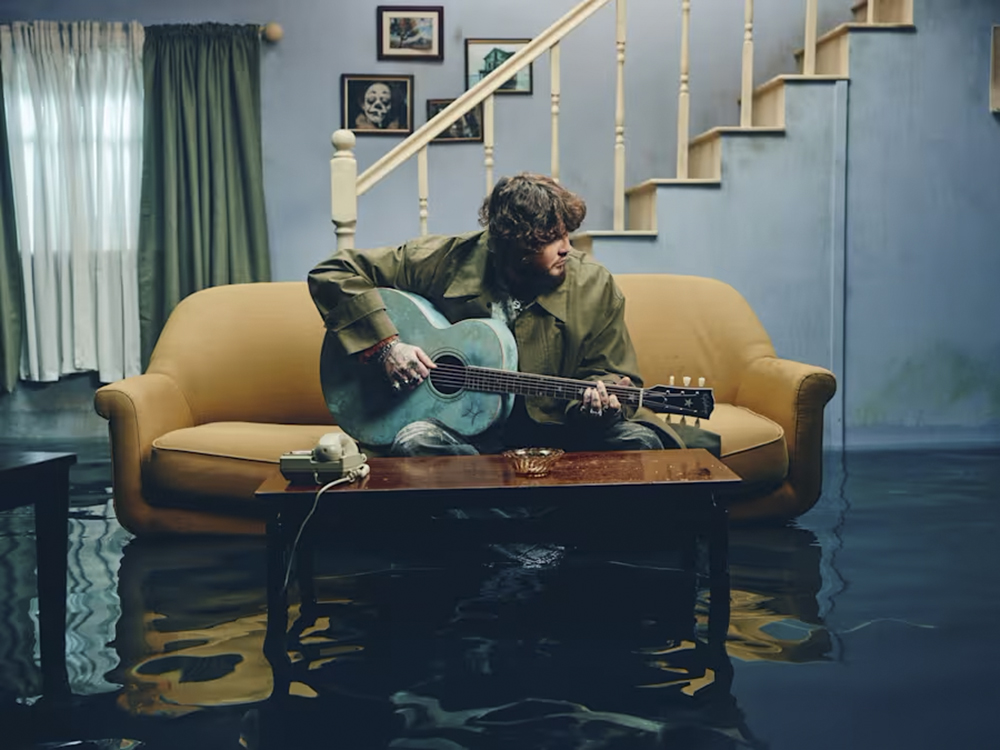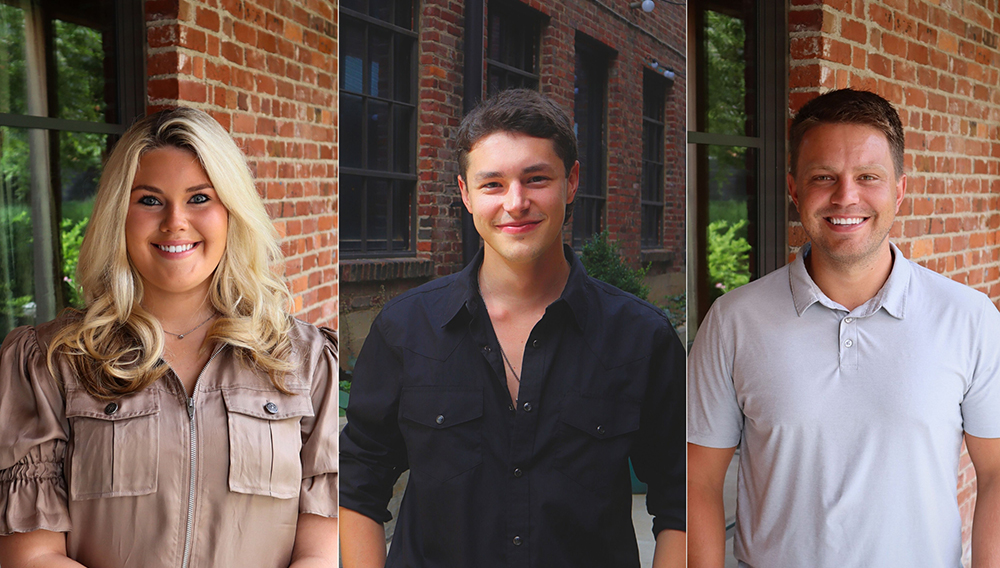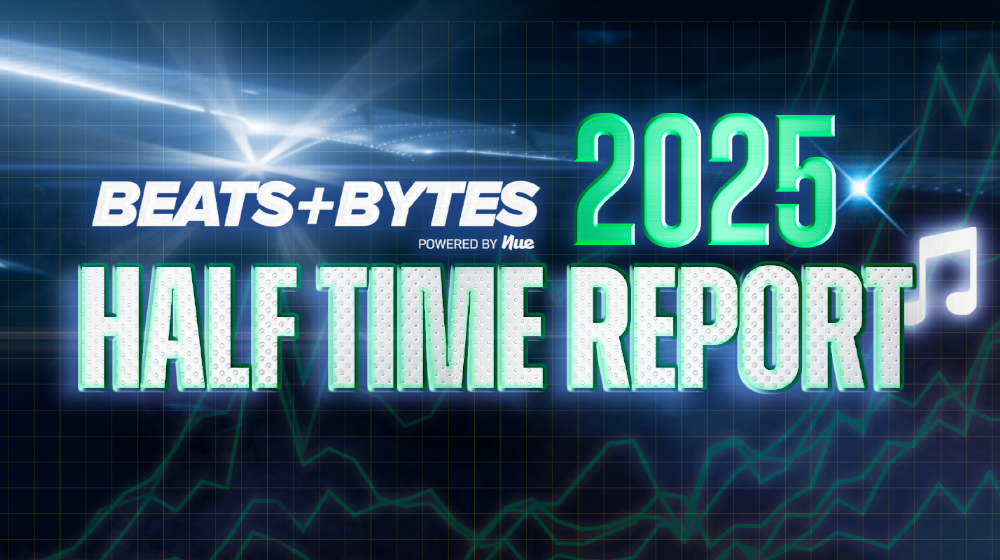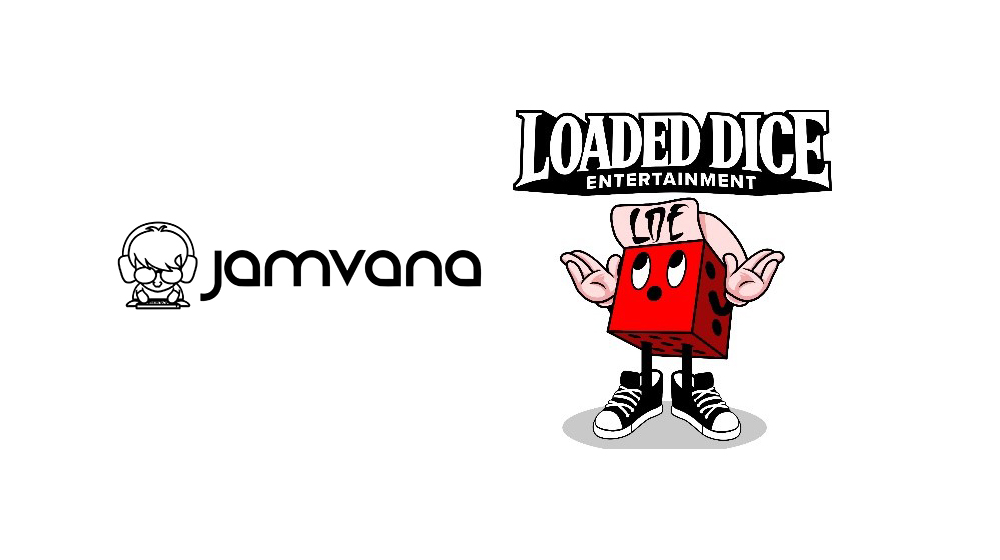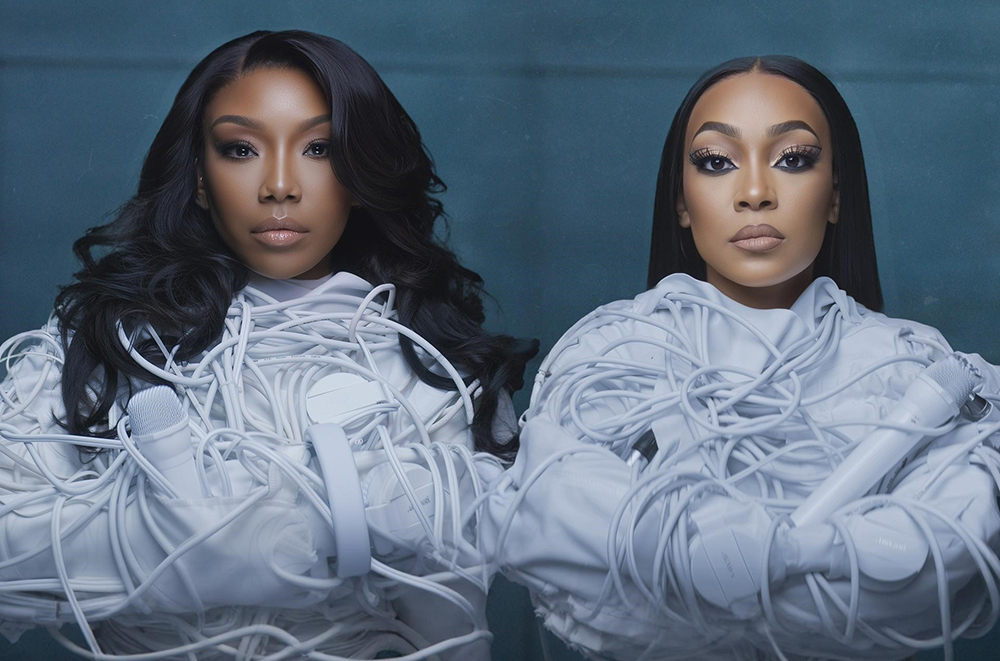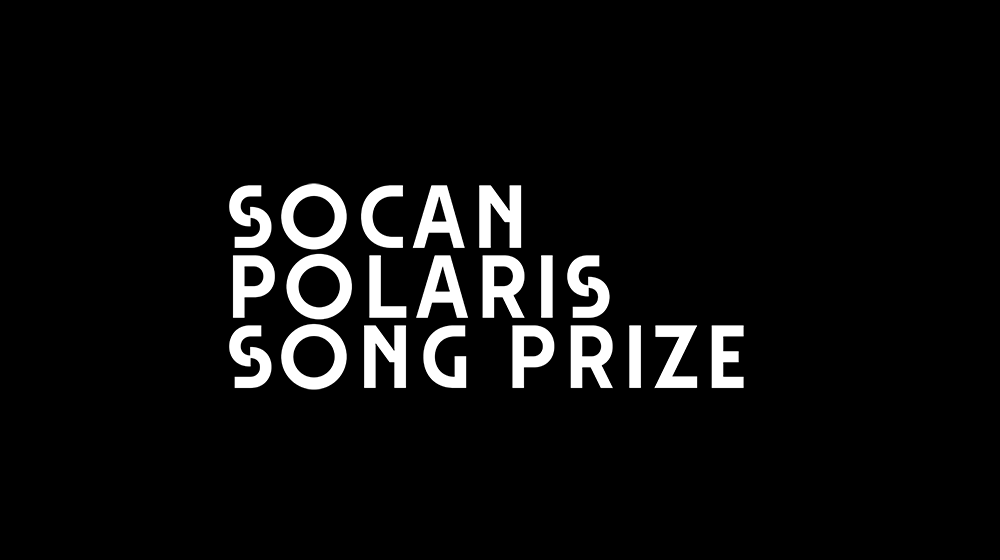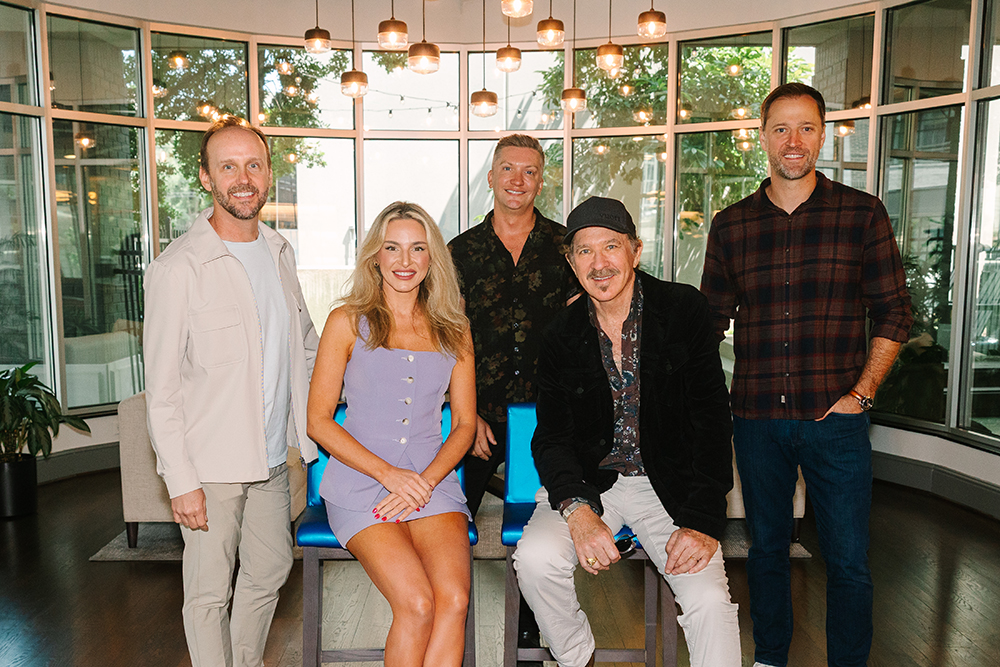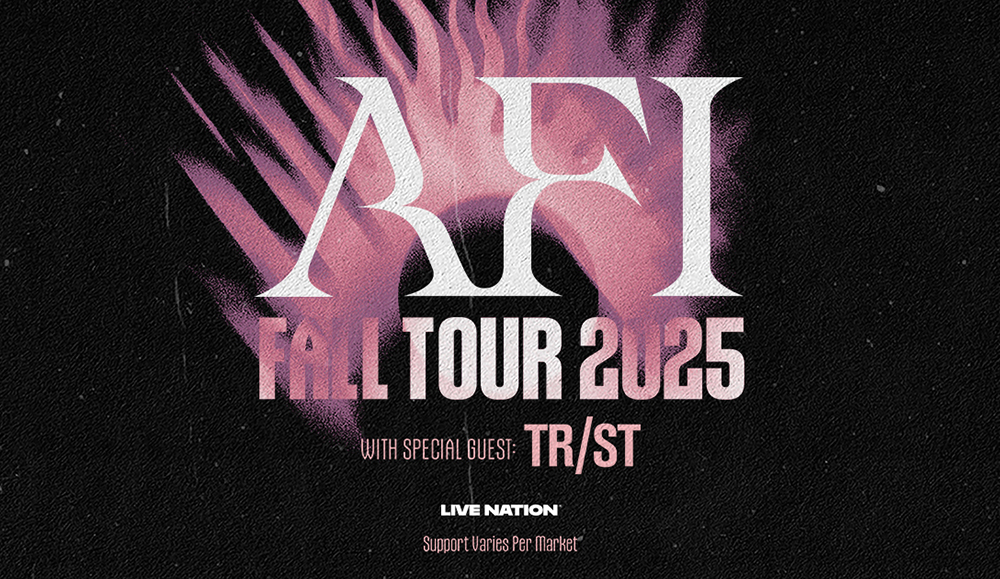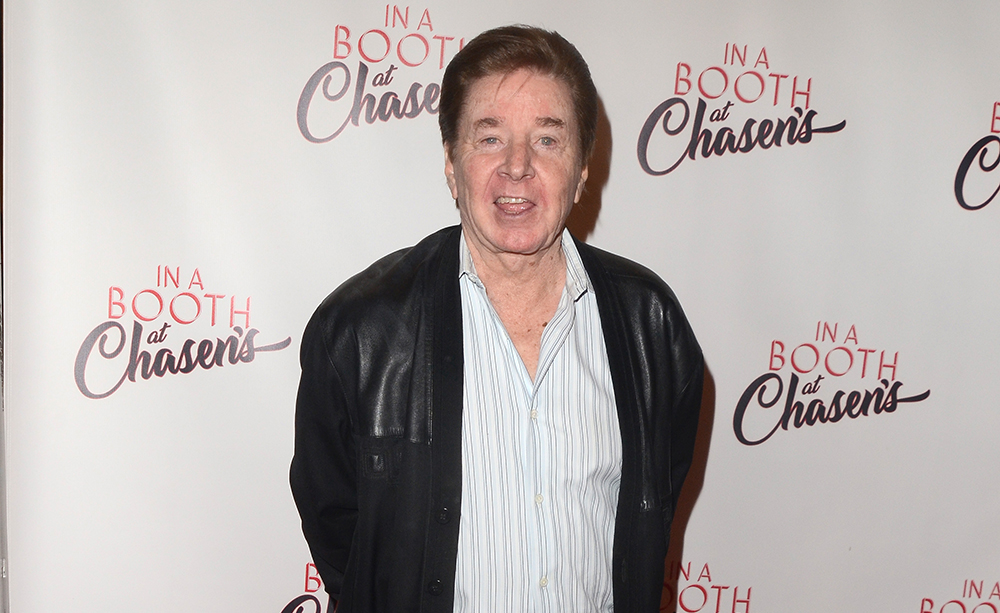(Hypebot) — The revenue musicians earn from streaming, publishing royalties, and physical sales are constantly discussed in the DIY music community. Less frequently mentioned, however, are passive income sources. Here, we look at what passive income is, and how artists can set themselves up to earn it.
By Greg Majewski of CD Baby’s DIY Musician Blog
Streaming revenue. Publishing royalties. CD sales. We’ve talked a lot about those revenue sources. But today we’re talking about a lesser-known source of music revenue: passive income.
What is passive income?
Passive income is any revenue generated after work is finished. You’ve invested in the work upfront, and now your finished product is ready to work for you.
In the case of music, some passive income is generated AFTER you’ve released a song, uploaded a video, or launched a new merch line. And through that lens, you could consider the revenue mentioned in the intro as passive income.
But it could also mean you’re earning tangential revenue WHILE you share your music or video content via affiliate links. In other cases, it might mean earning repeating, subscription income BEFORE you create anything new at all!
We’ll cover those passive income sources below. But first…
How can I benefit from passive music income?
As we said above, passive income works for you. This is money that comes in after you finish the hard work of creating music. We’re talking months, years, even decades. You never know who’ll be interested in something you finished long ago.
If you have massive success with passive income, great! But even if revenue is only a little here, a little there, that’s nearly effortless money you can use to help your music go further.
What are the passive income sources for musicians?
Passive music income falls under a variety of categories:
1. Affiliate programs
This is one of the biggest sources of passive income, and probably the most elusive to indie artists. So what is an affiliate program?
An affiliate program (or affiliate marketing/affiliate models) is a form of advertising that scales according to performance. In short, an online retailer like Amazon pays a small commission to another party for web traffic and sales that are directly attributable to referrals. In other words, you post a link to a product or service. If someone clicks the link and makes a purchase, YOU earn a percentage of that transaction.
Lots of aspiring content creators use affiliate marketing to earn revenue. Have you ever watched a YouTube video and the creator mentions that viewers can buy the product with links in the video description? That’s affiliate marketing!
So how do musicians use affiliate marketing? Pretty much the same as anyone else, only tailored to your music career.
Here are a few of the affiliate programs musicians should consider.
How to earn passive income through the Amazon Associates Program
This is a big one, since Amazon is the largest online retailer in the world. It’s also the most accessible affiliate program.
Through the Amazon Associates Program, you use link-building tools to direct your audience to certain products you use or recommend. You then earn commission from purchases through those links.
Got a favorite guitar, VST, or pair of headphones? What about the DAW or audio interface you use for all your home recording? Recommend them through Amazon’s Associates Program and earn money whenever someone buys those products through your links!
Amazon’s affiliate program is especially powerful for musicians because you can also earn commission from a link to your own songs on Amazon Music.
This is done through a system called Bounties. These are fixed commissions you earn when your fans sign up for a free trial or subscription to Amazon Music*. Basically, you’re earning money while sharing your music with your audience!
There are two ways to earn Bounties on Amazon Music:
1.) Music Deeplinks: These allow you to select your music on Amazon Music and create an image that you can add to your website. When a fan hits “play” they’ll be offered a free trial for Amazon Music. If they sign up, you earn a bounty.
To set up a Music Deeplink, choose a track, album, station, or playlist from the Amazon Music catalog. Click on the icon with a circle and three dots, then select “Share Playlist.”

Click “Copy Link,” then add your Store ID to the back end of the Deeplink you just created.
2.) Embed Widgets: These allow you to embed your track, album or playlist in content you post. Listeners are offered a free trial to Amazon Music, and you earn a bounty if they accept.
To create a widget, click on the icon with a circle and three dots, then select “Share Playlist.” Instead of copying the link, click on the “Embed” button. Make sure to add your Store ID on the back end of the embedded link.

How to earn passive income through Apple Music
The Apple Music Premier Partner Program works on a bounty system like Amazon Music’s deal, where you earn a one-time commission when a referral from you results in a conversion to the first paid month of Apple Music.
These referrals are done through links to Apple Music that you can create through their Apple Music Toolbox. You then place those links on your various online profiles. You can link to Apple Music to generate subscriptions, or to iTunes for a commission on download sales.
You can even get extra fancy and place a QR code for fans to scan. That QR code will take them to Apple Music instead of having to click a link. Just add your affiliate code for that sweet kickback!
Active on Twitter? You can also embed a 30-second preview track into a tweet along with your affiliate code. That way you get commission from any subscriptions resulting from those clicks.
How to earn passive income through Deezer’s affiliate program
Like the other two DSPs above, participants in Deezer’s affiliate program (called Dealers) earn money when people subscribe to the service throughs specially tagged links.
This program only applies to subscriptions to Deezer’s HiFi service for streaming in lossless FLAC.
Deezer sweetens the deal even further by offering affiliate participants a free Deezer HiFi account.
2. Fan subscription revenue
Subscription-based income is revenue driven directly from people following your art and contributing in a dependable, regular way. Content creators use subscription services as a sustainable source of steady income generated from the work they create.
Think of it like a paid fan club or monthly membership… to your music career!
These models also tend to foster a closer relationship between content creators and their audience because the artists’ fans are paying their favorite creators directly. It’s like the digital version of walking right up to your favorite musician after a show and handing them a few bucks, except fans also get cool content for their membership.
Musicians can use these subscription services:
- Patreon: Definitely the most popular subscription service with content creators, Patreon is a flexible platform with tons of options for musicians. You can host exclusive content like music videos, instrument lessons, and demos of new songs just for your subscribers who pay a monthly fee for access to this content. Patreon does take a 5 to 12 percent commission of monthly income from creators. They also take a 2.9% plus $0.30 processing fee on donations over $3 and 5% plus $0.10 fee on donations of $3 or less.
- Bandzoogle: Do you use Bandzoogle to host your own website? If so, you can create a subscription service right on your site! With Bandzoogle’s subscription option, fans can pay you commission-free revenue for access to your content. You can even create subscription tiers for different levels of access.
- Set it up yourself: Musicians who are motivated enough can build their own subscription/membership model. It might take a bit of work to connect a payment system with gated content on your website and your email/SMS management system, but the tradeoff is: you keep all the money AND build it your way.
3. Monetization
This is a pretty broad category, as monetization can mean many things in the music industry. Here, we’re talking about revenue generated when someone uses your music in media, such as:
YouTube Content ID: Did someone use one of your songs in a YouTube video? When that happens, YouTube places an advertisement on the video. Whenever someone clicks on the ad, you earn ad revenue.
Opt in for YouTube monetization with CD Baby.
Sync licensing: Like Content ID, sync licensing works through song placement in media projects. Sync licensing is even more expansive in that it’s any type of media: TV shows, movies, video games, anything that uses music.
CD Baby’s sync licensing service places your songs in a catalog that music supervisors all over the entertainment industry can access. If they want to use your song in their project, they simply contact our sync team to make a deal. This can result in a huge payday!
Since the songs in our catalog are pre-cleared, you don’t need to do anything except wait for your payment for the upfront placement. That same clearance also makes our catalog attractive to music supervisors due to its ease of use. Since they only need to go through one party, music supervisors love working with CD Baby to get the right song for the job.
4. Online courses
This is a source of income musicians often ignore. If you’re an expert in a specific area, sign up to teach a class at an online school! Or create and market your own curriculum.
Are you an awesome guitarist? Maybe you’ve been producing your own music or booking your own shows for years and you’re ready to share your knowledge with other indie artists. You can create an online course and get paid whenever someone enrolls.
Got some knowledge to share? Become a teacher at these online schools:
There are bound to be many other sources of passive income for musicians, and we’d love to hear your ideas!
Have you been earning extra money on autopilot? Let us know how in the comments below.
* CD Baby earns affiliate revenue from Amazon via this link
Greg Majewski has written about heavy tunes for Invisible Oranges, Metal Bandcamp and various now-defunct metal sites. When not writing he can be found at the gym or scouring forums and blogs for obscure ‘90s death metal. He lives in Portland, Oregon with his wife and hundreds of plants.

